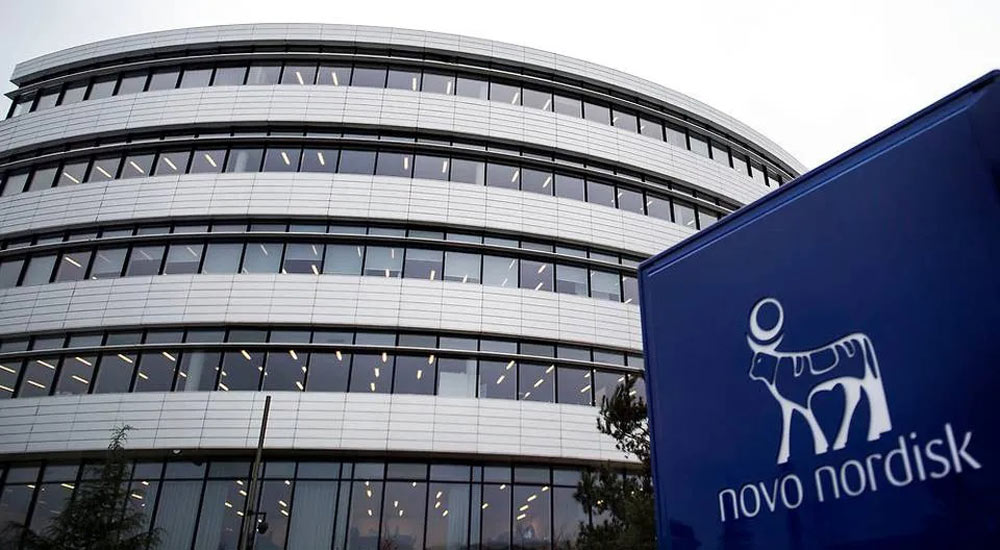Novo Nordisk, the pharmaceutical giant behind obesity treatments like Wegovy, has faced a major setback with its next-generation obesity drug, CagriSema. Recent trial results have left investors disappointed, triggering a significant drop in the company’s stock price, which is now down nearly 50% from its 2024 highs.
Results Fall Short of Expectations
CagriSema, a combination of cagrilintide (an amylin analog) and semaglutide (the active ingredient in Wegovy), was touted as a potential game-changer in obesity treatment. However, the results from two key late-stage trials have dampened enthusiasm:
REDEFINE-2 Trial: Released earlier this month, the trial showed that CagriSema helped obese or overweight adults with type 2 diabetes lose 15.7% of their weight over 68 weeks, compared to 3.1% with a placebo. This outcome was significantly below the high-teens percentage weight loss that analysts had forecast.
Previous Trial (December 2024): A study involving obese or overweight patients (without type 2 diabetes) showed a 22.7% weight reduction after 68 weeks, falling short of the anticipated 25%.
These results have raised concerns about whether CagriSema can outperform existing GLP-1 medications, such as Novo Nordisk’s Wegovy and Eli Lilly’s Zepbound, which have already set a high bar in the weight-loss drug market.
Investor Sentiment Turns Negative
The underwhelming trial outcomes have taken a toll on Novo Nordisk’s stock, with some U.S. hedge funds shorting the shares. Emily Field, head of European pharmaceuticals research at Barclays, remarked, “Sentiment toward these guys is as negative as it’s ever been.” She noted that while the stock reaction may seem disproportionate, there has been little buyer interest to offset the selling pressure.
Challenges and Tolerability Concerns
In addition to the lackluster weight-loss results, questions remain about CagriSema’s tolerability. Novo Nordisk stated that the drug was “well-tolerated,” with gastrointestinal side effects being mild to moderate and diminishing over time. However, fewer than two-thirds of trial participants were able to progress to the highest dose of the treatment after 68 weeks, raising further concerns about its long-term viability.
Soren Lontoft, a pharma equity analyst at Sydbank, expressed skepticism about CagriSema’s market potential. “Investors are looking for treatment options that are best in class and will secure Novo’s place in the obesity drug market. We’re not sure that the CagriSema is best in class,” he said.
Hope for the Future?
Novo Nordisk plans to release results from its REDEFINE-4 study in early 2026. This trial will assess the drug’s efficacy over an extended duration with more flexible dosing strategies. Analysts and investors are hopeful that these results could demonstrate CagriSema’s superiority and reinvigorate confidence in the drug.
Soren Lontoft highlighted the importance of diverse treatment options in the obesity market. He stated, “It’s about addressing different needs in this market. The companies that are able to address these different needs best will — in combination with significant production capacity — take the biggest part of this market.”
Growing Competition in the Obesity Market
The weight-loss drug market is projected to be worth over $100 billion by 2030, with several pharmaceutical companies vying for dominance. Earlier this month, Swiss pharma giant Roche struck a $5.3 billion deal to develop Zealand Pharma’s amylin analog obesity drug candidate, Petrelintide, which is expected to hit the market around 2030.
Novo Nordisk aims to file for regulatory approval for CagriSema in the first quarter of 2026. However, it remains uncertain whether the drug can regain investor confidence and carve out a significant share of this lucrative market.











